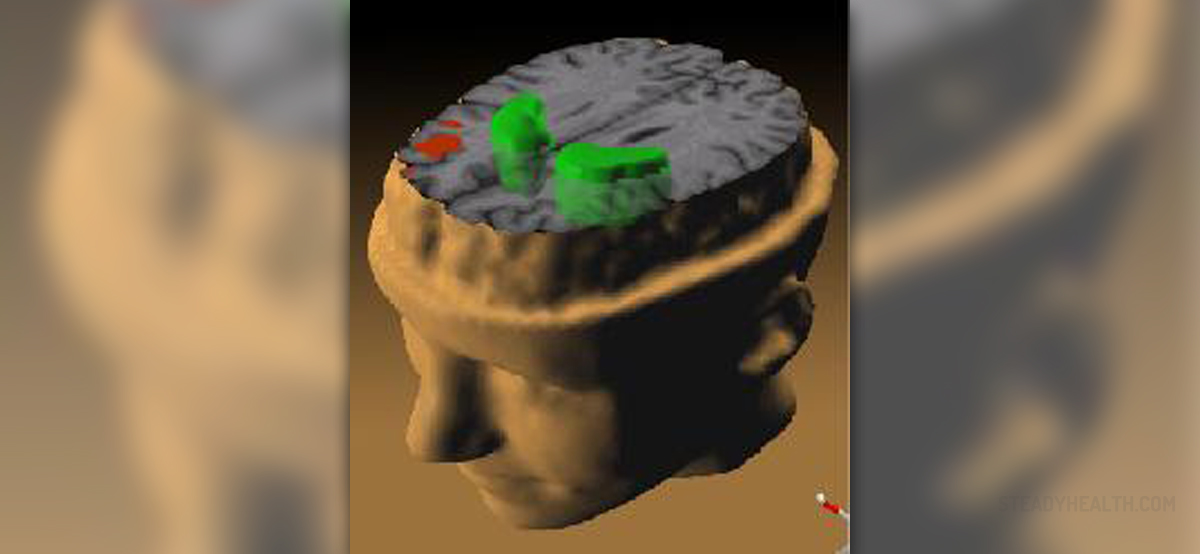
Schizophrenia is a psychotic mental disorder characterized by inability to distinguish between the real and unreal experiences, disturbed thinking, abnormal emotional responses and disorganized behavior. Symptoms of schizophrenia are various, may differ from patient to patient and even change over time within the same patient with advancement of the illness.
There are several types of schizophrenia that are distinguished by prevailing symptoms and characteristics experienced by every patient at any time. Following are five types of schizophrenia.
Paranoid Schizophrenia
Paranoid type of schizophrenia is associated with delusions and auditory hallucinations. Delusions are typically related to persecution and conspiracy. Paranoia and anxiety accompany paranoid schizophrenia too. On the other hand, these patients are more functional than the patients with other types of the disorder. They are usually able to work and engage in relationships. People diagnosed with this type of schizophrenia generally appear normal and may lead a relatively normal life if the illness is treated.
Paranoid schizophrenia is also characterized by anger, violence and argumentativeness. When the symptoms are in the phase of exacerbation, disorganized thoughts are present too. Also, there may be difficulty in speaking coherently, behaving rationally and remembering recent events.
Disorganized Schizophrenia
Disorganization of thoughts, speech and behavior are the main characteristics of disorganized schizophrenia whilst hallucinations and delusions are not common. This is a severe type of schizophrenia as the patients are unable to perform daily activities. Emotional expression may be absent or inappropriate. Abnormal postures, grimacing and uncoordinated movements are also present.
People with disorganized schizophrenia may have severely affected speech where others can not understand what they are saying. This can cause frustration and agitation in them that may result in aggression.
Catatonic Schizophrenia
Catatonic type of this disorder is marked by movement disturbances. Level of activity in catatonic schizophrenia may dramatically fluctuate and range from complete immobility to hyperactivity.
This type of schizophrenia is associated with a variety of behavioral symptoms. Often there may be present bizarre mannerism and posture, mutism, negativism, rigidity and perseveration of words and phrases.
Undifferentiated Schizophrenia
This type of schizophrenia is associated with some symptoms of other types of schizophrenia but the symptoms do not meet diagnostic criteria for those types of schizophrenia.
Residual SchizophreniaThis type is diagnosed when symptoms of schizophrenia have subsided. Delusions, hallucinations, disorganized speech and abnormal behavior may not be exhibited for a year or even longer. Residual schizophrenia is typically marked by blunted emotions, absence of motivation, reduced speech and mild version of symptoms characteristic for other types of schizophrenia.




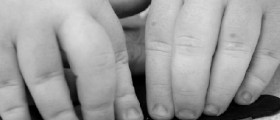
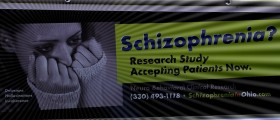




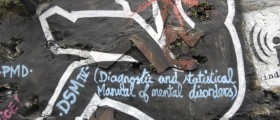
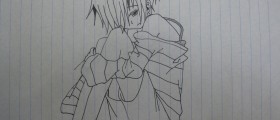


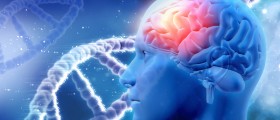


Your thoughts on this
Loading...